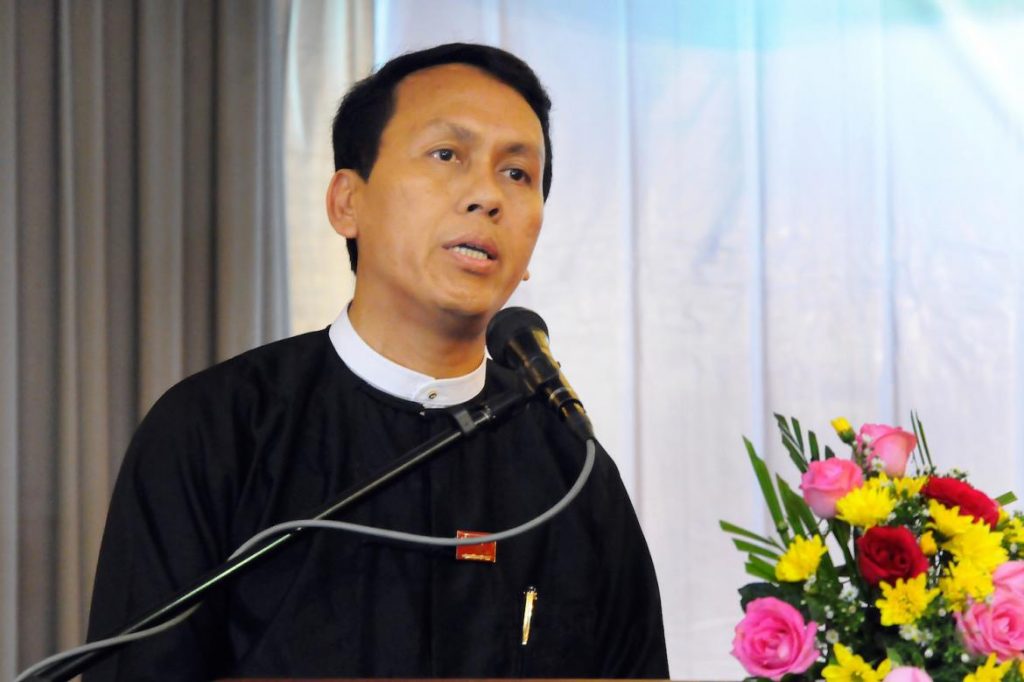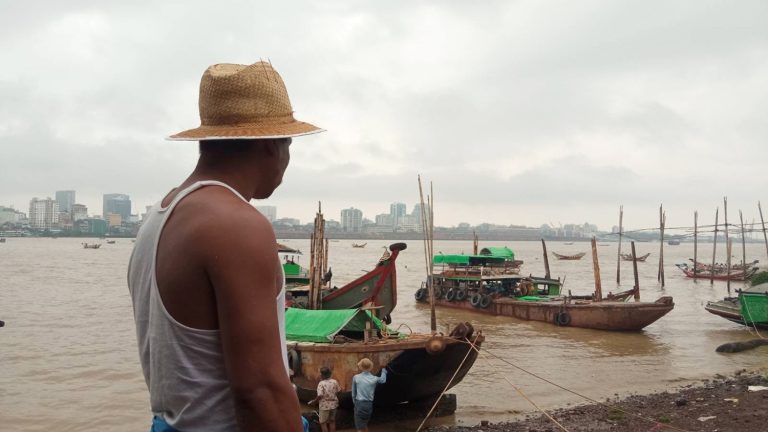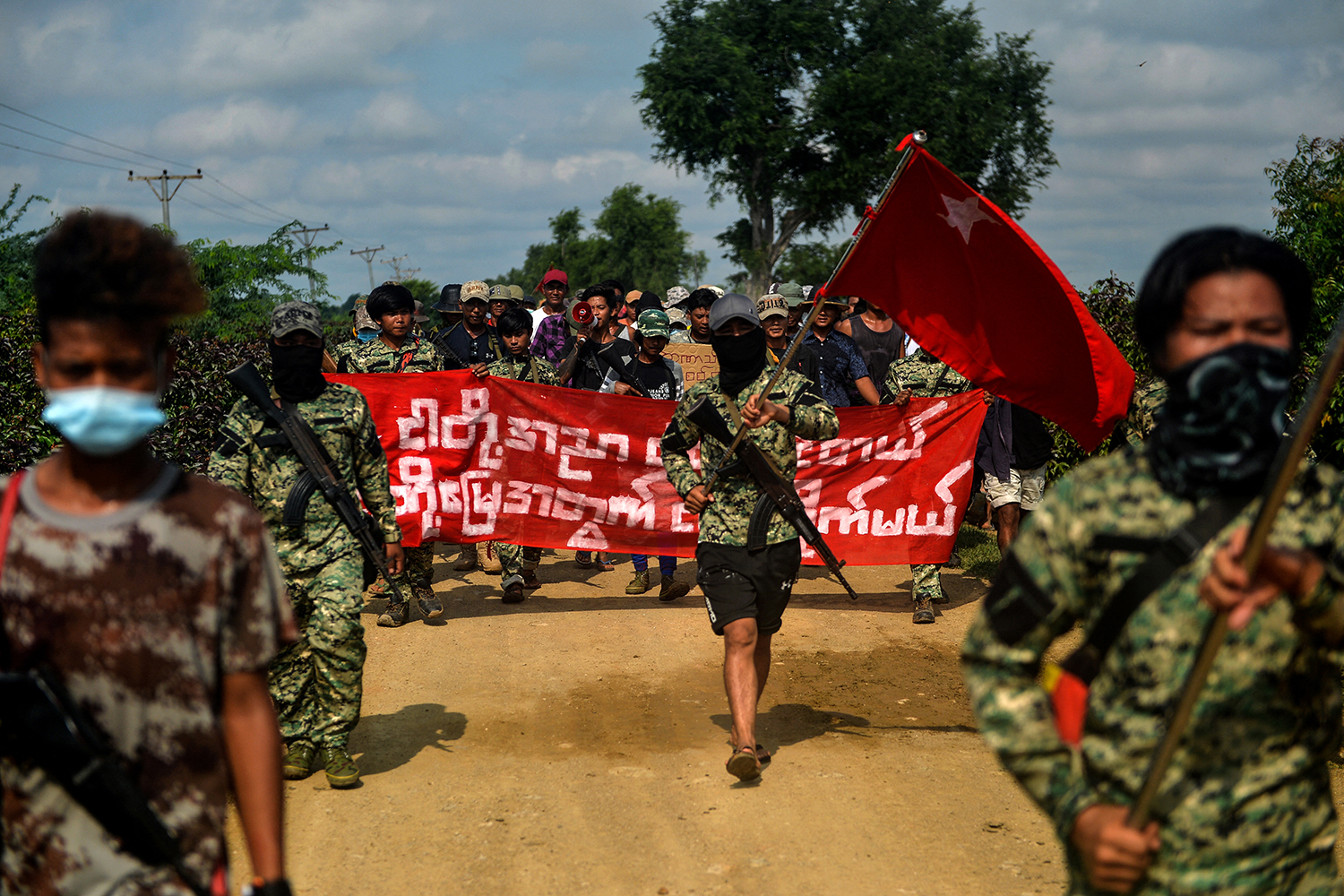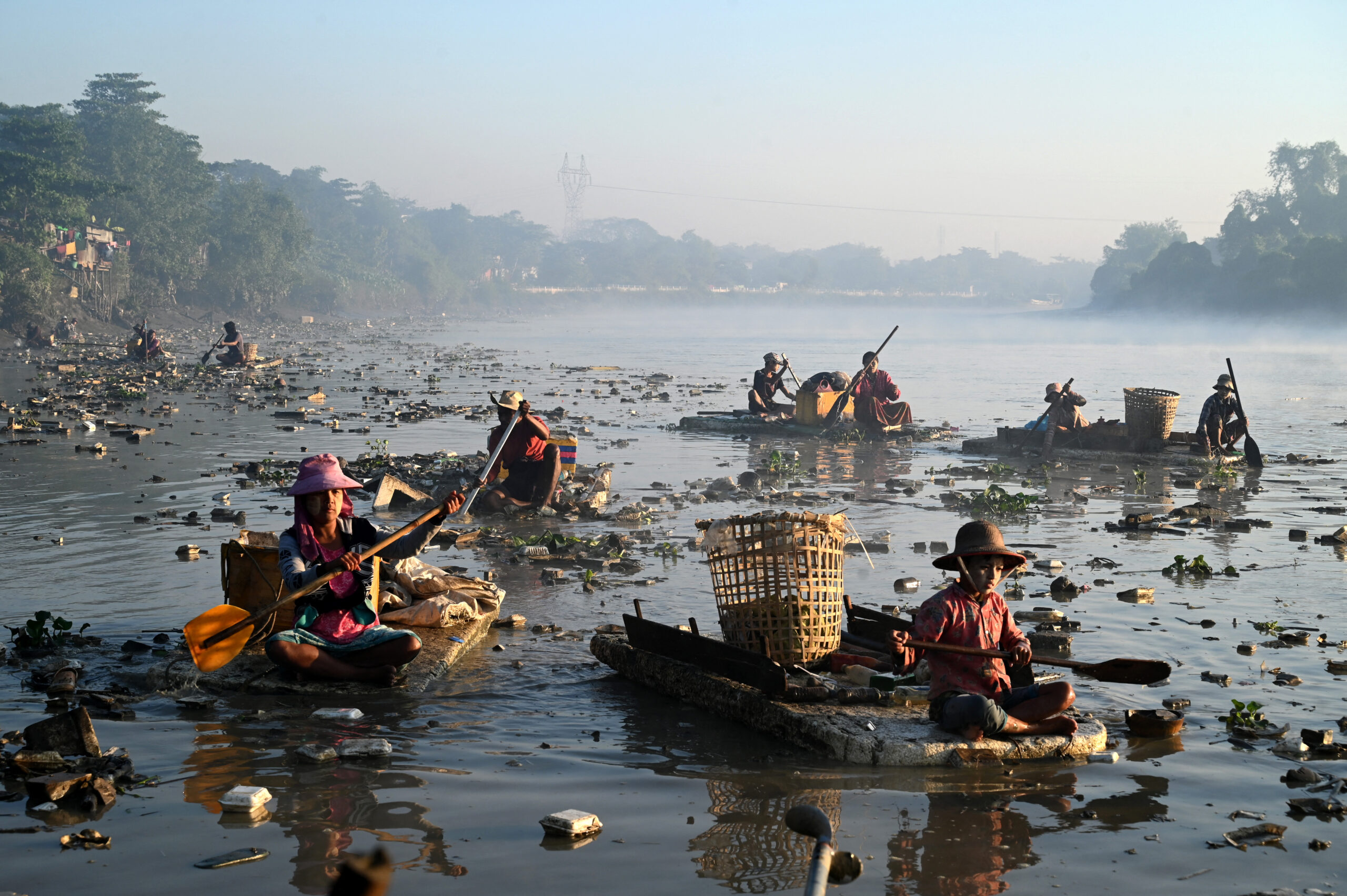The Yangon Region government should stay away from joint ventures with the private sector and focus instead on transparently contracting some government projects to private companies.
By SITHU AUNG MYINT | FRONTIER
Senior Yangon City Development Committee officials and chief executives of some of the country’s most prominent companies met on March 5 to discuss a proposal for a joint venture enterprise to be called Yangon Infrastructure Development Co Ltd (YIDC).
YCDC is under the Yangon Region Government and Chief Minister U Phyo Min Thein has proposed that YIDC take over its municipal responsibilities, such as garbage collection, road building and digging drains. At the meeting, one local company said that its study had found that US$7 billion was needed to upgrade the city’s infrastructure.
YIDC is just the latest proposal for a public-private joint venture backed by the Yangon Region government since it took office in 2016. But are these joint ventures likely to be successful?
Under junta rule, union-level ministries and the states and divisions (now known as regions) were allocated budgets and were given significant autonomy on how it was spent. Basically, they spent it was they saw fit. A consequence was widespread corruption and substandard government services and infrastructure that did not reflect the amount of money that was being allocated. Meanwhile, many state-owned enterprises were running at huge losses.
Support more independent journalism like this. Sign up to be a Frontier member.
There were many examples of wasteful spending by the YCDC under the military government. It was common to see municipal workers digging drains and laying pavement only for them to be later dug up and relaid. Every year this happened and despite budgets continually increasing there was no marked improvement in infrastructure quality. This system also continued under the U Thein Sein government.
When the National League for Democracy government took office in 2016 it tried to reform this system, starting with the Ministry of Construction. This was achieved by requiring it to contract out most of its work to private companies; previously, the ministry implemented much of the construction work itself. Now it has become more like a regulator, examining the work done by its contractors.
But the Yangon Region government is another story. It has instead been a trailblazer in promoting public-private joint ventures. This has led to controversy and accusations it is too close to the business community.
After Phyo Min Thein launched the public-private Yangon Bus Service in January last year, he was criticised for spending tens of millions of dollars on Chinese buses for the joint venture companies involved in the upgraded service without conducting a tender. There has also been disquiet over a lack of transparency about the joint ventures; it’s not clear whether they make a profit or loss.
The Yangon government also bought hundreds of buses from South Korea last year with the intention of establishing a public-private joint venture to operate dedicated school bus lines.
Another much-criticised project is the Southwest New City in a rural part of Twante Township west of the city’s downtown area. First proposed under former chief minister U Myint Swe, the project is likely to cost several billion dollars to implement. Phyo Min Thein has said he will proceed through a JV company formed by the Yangon Region government and private construction firms.
At a meeting with business leaders on March 7, Phyo Min Thein also unveiled plans to counter high fuel prices by forming a company. This firm would build massive storage tanks and stockpile reserves of petrol and diesel when prices are low.
On the recently proposed YIDC, Phyo Min Thein has said it would help to raise the quality of municipal services and maintenance work. He said that if the work was done by a government department it would be sub-standard and if it was carried out by a private contractor it would be difficult to supervise. The solution was establishing a joint venture to do the work as happens in Singapore and Japan, he said.
It is a government’s job to administer and not to establish companies and do business funded from its own budget. A government needs to employ third parties as managers and transform its departments into regulatory bodies.
Only then will it be possible to reduce the size of the bureaucracy as well as corruption. If private companies are contracted to perform government services, it will contribute to job creation and raising skills, and the country will acquire infrastructure and services that represent value for money.
Instead of being involved in business ventures, the Yangon Region government should contract out services to carefully and transparently selected companies. It should hire competent companies and also train departmental staff to supervise the work of these contractors.







